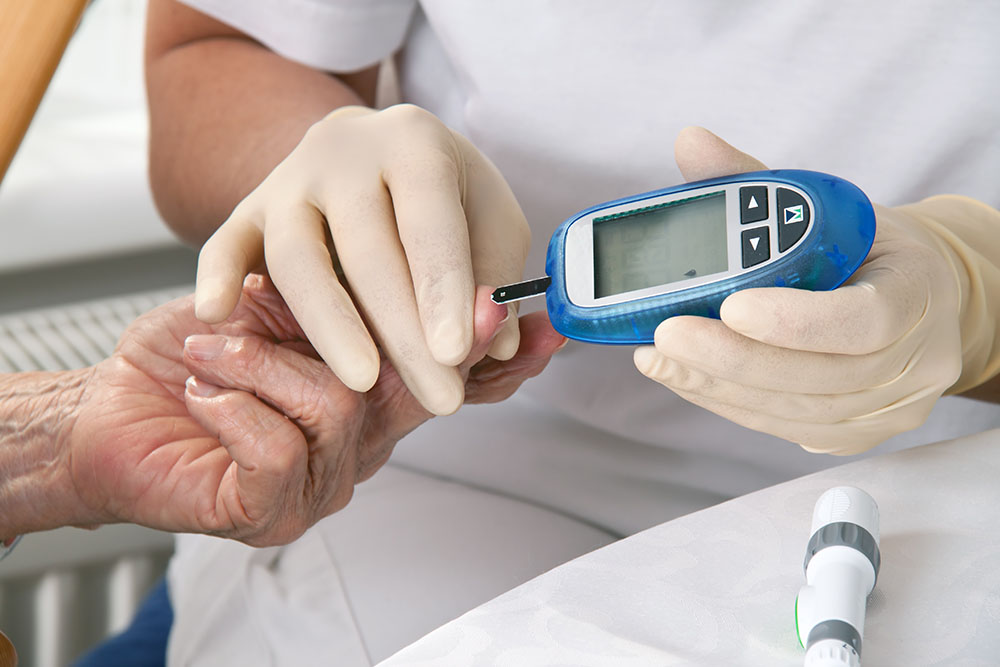4 Best Diets for Diabetes Reversal
Living with this diabetes is not easy and there might be no cure for type 2 diabetes currently. However, it’s now well-known that it can be reversed. When this happens, it’s actually in long remission in which case your blood sugar levels remain in a healthy range without the need to take meds. What’s important to note, though, is that everyone is different. There’s no one-fits-all diet and the best diet for diabetes reversal will be different for everyone.
As with any medical condition, health education is important. In the case of diabetes, it’s also not only about what you eat and when to eat it matters too. Then, for optimal effect, you’ll also need to be willing to introduce other lifestyle changes like starting to exercise more.

Best Diets for Diabetes Reversal
It’s always best to consult with a medical professional or dietician first before making drastic changes to your diet. Another important point to note is that some of the following diets for diabetes reversal may not be good for everyone as in some cases blood sugar goes up.
- Intermittent fasting
People following an intermittent fasting diet will switch between a regular eating schedule and fasting. There are various types of intermittent fasting schedules that you can try, but it should be done with your doctor’s approval. The benefit of intermittent fasting when used as a diet for diabetes reversal is that it can help people to lose weight quickly. This rapid weight loss helps the body to get rid of fat that has accumulated in muscles and organs like the liver and pancreas. In return, the pancreas can also produce more insulin and the liver can regulate blood sugar levels better.
A recent study that was published in The Journal of Clinical Endocrinology and Metabolism shared promising results for this diet. After completing a three-month intervention and a three-month follow-up, 47.2% of participants achieved diabetes remission.
- A plant-based diet
A whole-foods diet that’s predominantly made up of plant-based food that’s also high in fiber and low in fat can also help with type 2 diabetes. In fact, one study found that diabetes reversal was achieved in 36% of the participants.
The benefit of following this type of diet for diabetes reversal is that the high percentage of fiber helps to control spikes in blood sugar. It will also help you to feel fuller for longer which can help to curb overeating.
- Mediterranean
A trip to the Mediterranean is good for the soul. Plus, if you load your diet with the region’s foods like olive oil and whole grain, it can also be good for your health, in particular for arterial blood flow and bone and joint health.
More research is still needed to prove if it can truly reverse diabetes. Though, at this stage, it can reduce the risk of prediabetes developing into diabetes, improve insulin sensitivity, and sustain homeostasis.
- Low-carb diet for diabetes reversal
The benefit of following a low-carb diet is that it’s low in added sugars and refined grains — two of the main culprits. According to medical definitions, a low-carb diet is any diet where your daily calories that come from carbohydrates are less than 26%.
If this type of diet is followed on a short-term basis (a period of six months) it can deliver better remission results compared to other types of diets for diabetes reversal. That said, research has also found that it’s more difficult to stick to this type of diet for diabetes reversal. It becomes even more challenging if the patient opted for a very low carbohydrate diet like the ketogenic diet.
Resources:
https://www.medicalnewstoday.com/articles/type-2-diabetes-intermittent-fasting-could-reverse-the-condition#Mechanisms-of-IF-for-treating-T2D
https://www.medicalnewstoday.com/articles/whole-food-plant-based-diet-linked-to-type-2-diabetes-remission
https://www.bmj.com/company/newsroom/short-term-low-carbohydrate-diet-linked-to-remission-of-type-2-diabetes/
https://med.stanford.edu/news/all-news/2022/070/keto-mediterranean-diet-diabetes.html
This article is for educational and informational purpose only and does not substitute for professional medical advice. For any questions about your own health condition, speak to a qualified physician or healthcare provider.







Leave A Comment